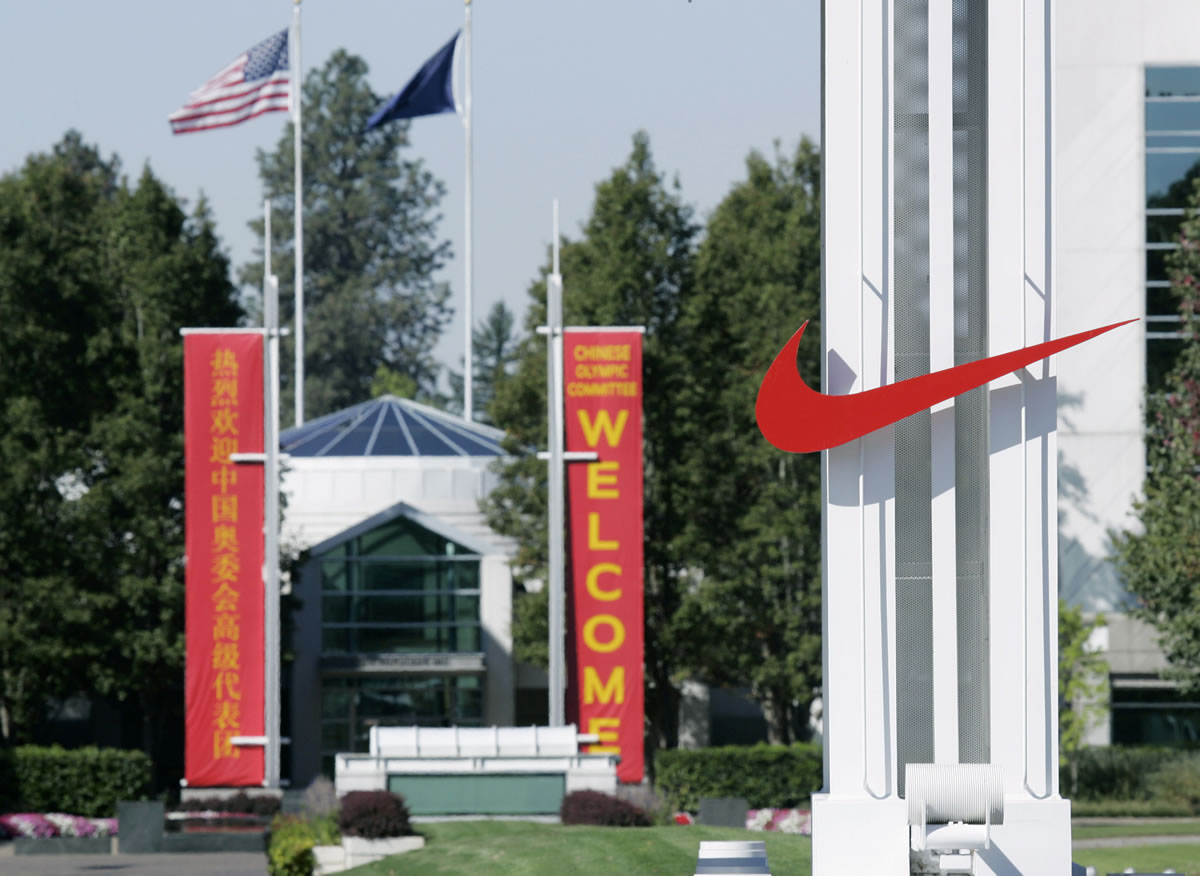Three business days before Oregon Gov. John Kitzhaber called lawmakers into a rushed special session to hand Nike a sweetheart tax deal, an attorney for the company told the state Nike would keep looking elsewhere to expand if Oregon didn’t meet its needs, records obtained by The Columbian show.
“If we cannot complete the Agreement and the legislation consistent with the company’s immediate need for facilities, NIKE will continue to consider options outside of Oregon,” William F. Gary, of the Eugene law firm Harrang, Long, Gary, Rudnick, wrote in a Dec. 5 email to Keith Kutler, an attorney for the Oregon state Department of Justice.
The email, one of many between attorneys for Nike and Oregon’s Justice Department, illustrates the pressure state officials were under to quickly strike a deal with the sportswear giant to ensure it would expand in Oregon. That deal got done in late December, and Nike is now hunting for expansion sites in its home state.
But Nike considered Clark County as one of its expansion options, if Oregon didn’t go along with its demands. In fact, the city of Vancouver pursued Nike for what was dubbed “Project Impact” — as many as 5,000 new jobs and a $500 million capital investment.
The city says it’s willing to outline its experience with the recruitment process that was used in dealings with Nike representatives. But for now, a nondisclosure agreement between the city and a company working on Nike’s behalf prevents the public from understanding what was discussed. Meanwhile, the city said Thursday it needs more time to review a Jan. 4 request by The Columbian, under Washington’s open records law, for city documents that may shed light on what Vancouver offered Nike.
On Dec. 10 — three business days after the Nike attorney made it clear Oregon needed to do a deal or risk losing the expansion project — Kitzhaber summoned the Oregon Legislature to Salem for a special session.
That extraordinary session was aimed at giving Nike tax assurances to prevent the company from growing out of state. Four days later, on Dec. 14, the Oregon Legislature approved the new law. It allowed Kitzhaber to enter into a contract with Nike to protect it from changes in the way the state calculates the company’s state income taxes.
Kitzhaber and Nike president Mark Parker signed the 30-year agreement, which guarantees the company will continue to pay corporate taxes based on its sales within Oregon. The “single-sales” factor excludes sales outside of Oregon as well as property and payroll. The agreement also commits Nike to completing a $150 million expansion in Oregon by the end of 2016 and hiring 500 new workers, who cannot be added by acquisition or merger with another company.
In hashing out the details of the agreement with the Oregon Justice Department attorneys, Gary, the Nike attorney, wrote that the company “already has spent well over $500,000,000 on capital investments in Oregon and it is proposing to add at least $150 million more.”
In his Dec. 5 email, Gary also wrote that Nike “is looking at several development sites in Oregon, each of which has its own unique challenges … the company’s existing facilities are currently operating at 102% of capacity. The company has already launched projects intended to add new capacity near its Beaverton campus.”
‘Heavy caseload’
It remains unclear what Vancouver offered Nike in its pursuit of a piece of the company. The city was aided by the Columbia River Economic Development Council and former Washington Gov. Chris Gregoire’s office in its pursuit of Nike.
In its Jan. 4 public records request to the city, The Columbian asked for any and all records of the city’s dealings with the Nike project. A similar request has been made to Washington state government.
In a Jan. 10 letter to The Columbian, Peggy Furno, a public disclosure coordinator for Vancouver’s city manager’s office, said she anticipated it would take the city until Feb. 1 to locate the records and to decide whether any of them are exempt from disclosure.
On Feb. 1, Furno sent another letter to The Columbian, saying the city needed more time to prepare a response to the newspaper’s records request. Such an extension is allowed under Washington’s public records law. Reasons include simply needing more time to collect and review records, and to notify third parties about the request.
Furno said Thursday the city hopes to have a response no later than Feb. 13.
She said the city isn’t putting the newspaper off and that the delay is because city attorneys simply need more time to review the matter.
“They have a pretty heavy caseload,” Furno said. “They just need more time.”




